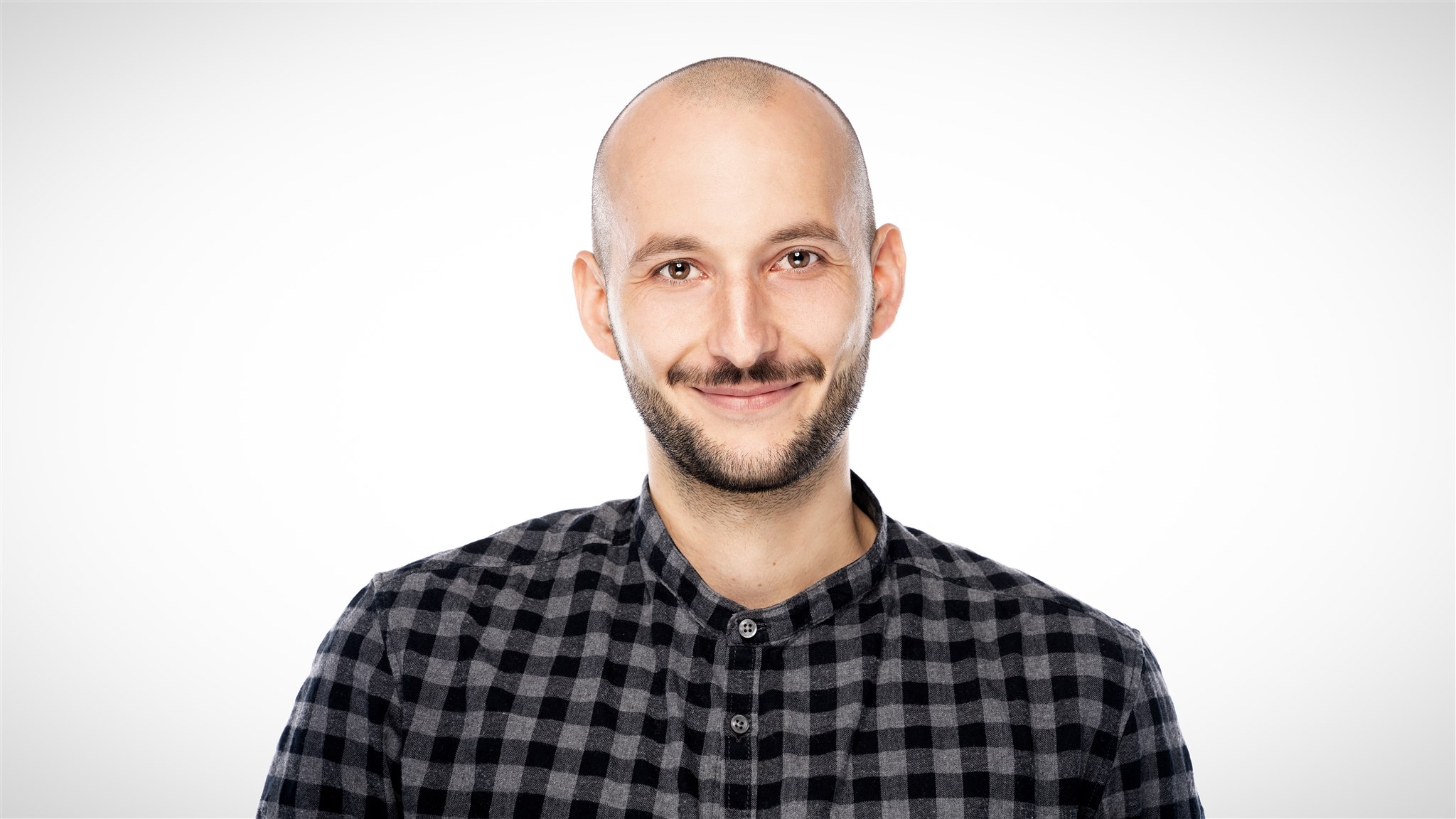
Digital sovereignty in Africa. German Federal President Steinmeier in dialogue with experts from 14 African countries.
On 24 June 2021, German Federal President Frank-Walter Steinmeier will be attending the “Toward an African Narrative on Digital Sovereignty” research sprint via a live online connection. Together with the participants, he will talk about new solutions for Africa’s digital economy in order to realise the national and individual interests of the continent’s citizens. The sprint is part of the “Ethics of Digitalisation” research project at the Global Network of Internet and Society Research Centers (NoC). The Federal President is the patron of the project.
“The project focuses on Africa’s digital sovereignty in a globalised world” – that’s how Wolfgang Schulz explains the project. He is the research head of the project and director of the Alexander von Humboldt Institute for Internet and Society (HIIG). To focus on this vision, 25 participants from 14 different African countries were selected for this research sprint. Over the course of eight weeks, the fellows examine various issues, approaches to solutions and digital technologies from an inner-African perspective. “It is important to listen to international discussions on the relationship between digitalisation and state self-determination from diverse societal perspectives”, Schulz further comments. “The European quest for digital sovereignty can only be truly authentic if it is based on exchange, openness and mutual understanding.”
A continental task
Led by the South African Research Chair in Industrial Development at the University of Johannesburg (SARChI-ID), the participants in the research sprint will address the question of how individual African countries can leverage their respective digital advantages for themselves without isolating themselves economically from one another. To do so, they put themselves in the shoes of the continent’s civil society, technology companies, and policymakers. Their goal is to initiate an ongoing exchange across national discourses.
The ethics of digitisation
The event is part of the research project “Ethics of Digitalization – From Principles to Practices“, in which international researchers from different disciplines are working on joint answers to ethical questions of digitalisation. Under the umbrella of the Global Network of Internet and Society Research Centers (NoC), HIIG and SARChI-ID are collaborating with the Berkman Klein Center at Harvard University, the Digital Asia Hub and the Leibniz Institute for Media Research | Hans Bredow Institute as project partners.
German Federal President Frank-Walter Steinmeier is patron of the project. Stiftung Mercator is funding the project for two years.
Video of the discussion: Official website of the Federal President
Further information: Project page SARChI-ID, project page The Ethics of Digitalisation
Pressekontakt: Frederik Efferenn | Tel. +49 30 200 760 82 | presse@hiig.de
About the “The Ethics of Digitalisation – From Principles to Practices” research project.
Taking place under the umbrella of NoC (the Global Network of Internet and Society Research Centers), the project is funded by Stiftung Mercator. International experts from science, politics, civil society and business will analyse the ethical issues of digitalisation. Interdisciplinary and international research sprints and clinics in which international researchers from different disciplines work together across disciplines form the core of the project, and together, these researchers develop joint answers to the ethical questions of digitisation. In addition, the sprints and clinics offer scientists the opportunity to network with each other and with high-ranking actors from politics, business and society.
About HIIG
The Alexander von Humboldt Institute for Internet and Society (HIIG) researches the development of the internet from a societal perspective. The aim is to better understand the digitalisation of all spheres of life. As the first research institute in Germany to focus on on internet and society, HIIG has established an understanding that emphasises the embeddedness of digital innovations in societal processes. As a node in the Global Network of Interdisciplinary Internet & Society Research Centers, an initiative of scientific institutions worldwide in the field of interdisciplinary research on internet and society, the institute is trying to develop a European perspective on digital transformation.
HIIG was founded in 2011 by the Humboldt-Universität zu Berlin, the University of the Arts Berlin and the WZB Berlin Social Science Center, in alliance with the Hans-Bredow Institute for Media Research in Hamburg as an integrated co-operation partner. The research directors of the institute are Prof. Dr. Jeanette Hofmann, Prof. Dr. Björn Scheuermann, Prof. Dr. Dr. Thomas Schildhauer and Prof. Dr. Wolfgang Schulz.
About NoC
NoC (the Global Network of Internet and Society Research Centers) is a worldwide initiative of academic institutions focused on interdisciplinary research on the Internet and society. The goal of the initiative is to strengthen collaboration among participating centres to promote cross-national and cross-disciplinary exchange on the most pressing issues related to new technologies.
About Stiftung Mercator
Stiftung Mercator is a private, independent foundation with extensive scientific expertise and practical project experience. Through its work, it strives to create a society that is characterized by openness to the world, solidarity and equal opportunities. To achieve these goals, it promotes and develops projects that improve opportunities for participation and cohesion in an increasingly diverse society. Stiftung Mercator aims to strengthen democracy and the rule of law in Europe, address the impact of digitalization on democracy and society, and advance climate protection. As a leading foundation it is active in Germany, Europe and worldwide. It feels particularly close to the Ruhr region, home of the founding family and the foundation’s headquarters.

